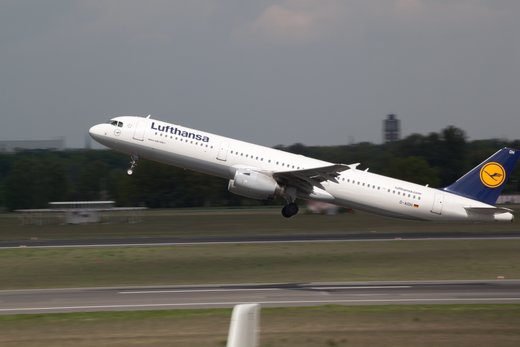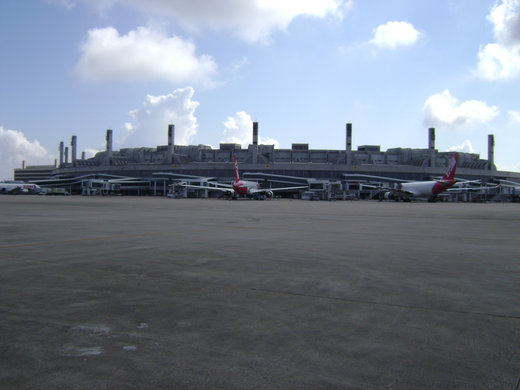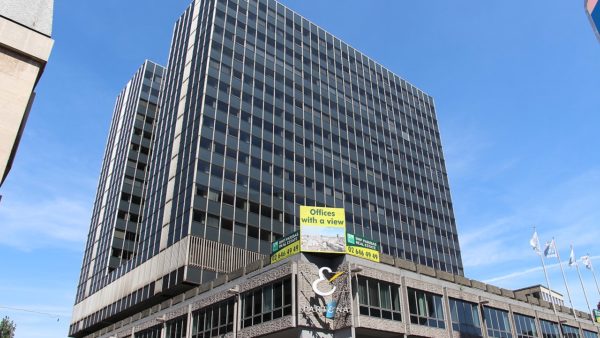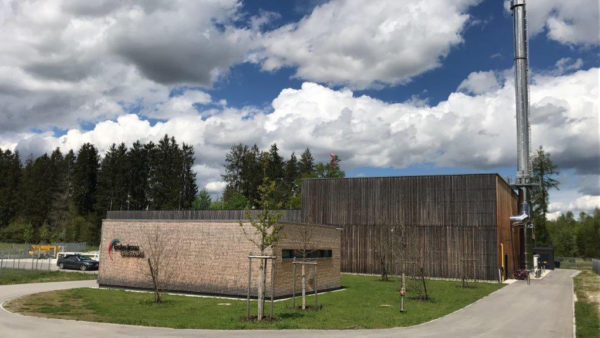12 February 2014
“We want to develop Vinci Airports to capture the dynamism of the global airline traffic, which is growing faster that GDP everywhere in the world and should double by 2030.”
So said Xavier Huillard, Vinci’s chief executive, at a press conference in Paris yesterday.
Last year Vinci expanded its airport operating capacity by buying the Portuguese firm ANA for $4bn, and increasing its stake in French airport group ADP to 8%.
Its first item of business in Latin America is to bid for the contract to build and run an airport in the Peruvian city of Cusco. This city already has Alejandro Velasco Astete, which handles 2.3m passengers a year, making it Peru’s second busiest. However, it is located too near the city centre to be expanded, so a new out-of-town facility is to be constructed.
It is also bidding for the expansion of Santiago de Chile’s airport. This terminal reached its design limit of 9m passengers a year in 2008, and is presently struggling to process 14m.
The Chilean government plans to expand capacity to 29m by 2030, and a terminal dedicated to international traffic is to be built. The tender for this will be let this year, and a 15-year concession will begin in 2015.
The largest airport privatisation programme in Latin America is taking place in neighbouring Brazil.
The British government’s Trade and Investment Group, which is to send a mission to Rio and São Paulo next week to promote UK expertise, estimates that by 2016 Brazil will become the third largest market for domestic passenger transport in the world, just behind USA (710m) and China (415m).

Lufthansa airbus taking off (Ximeg/Wikimedia Commons)
This assessment adds that the Brazilian government “does not all have the resources required to modernise and equip airports with facilities, technology, and manpower at the scale needed” – an opinion shared by the Brazilian government, which is looking to a programme of privatisation to help supply these needs, and to provide further funds for infrastructure.
The government of Dilma Rousseff has already privatised five airports. Optimism about these sell-offs had been low because an earlier auction for exploration rights to the giant Libra offshore oilfield attracted only one bidder, who paid the minimum sum of $6.2bn.
But the airport sales took off, having proved popular among the 472 organisations around the world who make airports their business.
Last year, 20-year concessions valued at a total of $14bn were granted to manage three Brazilian airports: two in São Paulo and one in Brasilia, breaking the monopoly of Infraero, the federal agency that runs more than 70 airports in the country.
The big success, however, were the two airports auctioned in December. The right to manage Rio de Janeiro’s Galeão airport for 25 years was contested by multiple bidders, and won by a consortium led by the Brazilian construction giant Odebrecht and the Singaporean airport operator Changi, which paid $8bn, four times the minimum bid.
It was feared that the smaller airport of Confins, in the midwestern state of Minas Gerais, would have no bidders, but in the end a consortium led by the Brazilian highways operator CCR and the Swiss firm Flughafen Zurich paid $750m for a 30-year contract.
This raised hopes in Brazil that privatisation would be the key to the government’s plans to spend $100bn on the country’s infrastructure in the next few years. Rousseff, speaking in the northern city of Fortaleza, celebrated the auction results. She called them “better than expected” and said “this shows the immense interest that international investors have in Brazil.”

Rio’s Galeão airport, the “jewel” of Brazil’s airport network. In December it was auctioned for four times the reserve price (Andre Vruas/Wikimedia Commons)
Adriano Pires, director of the Brazilian Center for Infrastructure and a professor at the Federal University of Rio de Janeiro, cautioned that the auction’s numbers were not quite as impressive as they appeared.
He pointed out that the government holds a 49% stake in each of the winning consortiums, so almost half of the money raised will come from the government itself. He added that the companies paid as much as they did in part because the government’s national development bank, known as BNDES, has promised to finance 70% of the required investments with subsidised interest rates.
Alberto Zoffmann, head of project finance at the Brazilian investment bank Itaú BBA, said the auction was “very successful, especially considering that some players had doubted there would be any bids for the Confins airport.”
He said the bidders’ willingness to pay more this year than for the first three airports was owing to the apparent success that the winners of last year’s auction are having in making the airports more profitable. However, he added that the success of the Rio de Janeiro bid may not be repeated. He said: “The Galeão airport was a special case. It is a jewel. There aren’t any more like that in Brazil.”
Meanwhile, the Odebrecht conglomerate has announced that it will embark on a $22bn investment programme over the next three years.
The spending follows a series of PPP contract awards last year. Apart from Galeão, it scooped a series of road and water projects. Altogether, it is planning to invest $13.5bn in transport schemes and $2.5bn in water and sanitation works.






